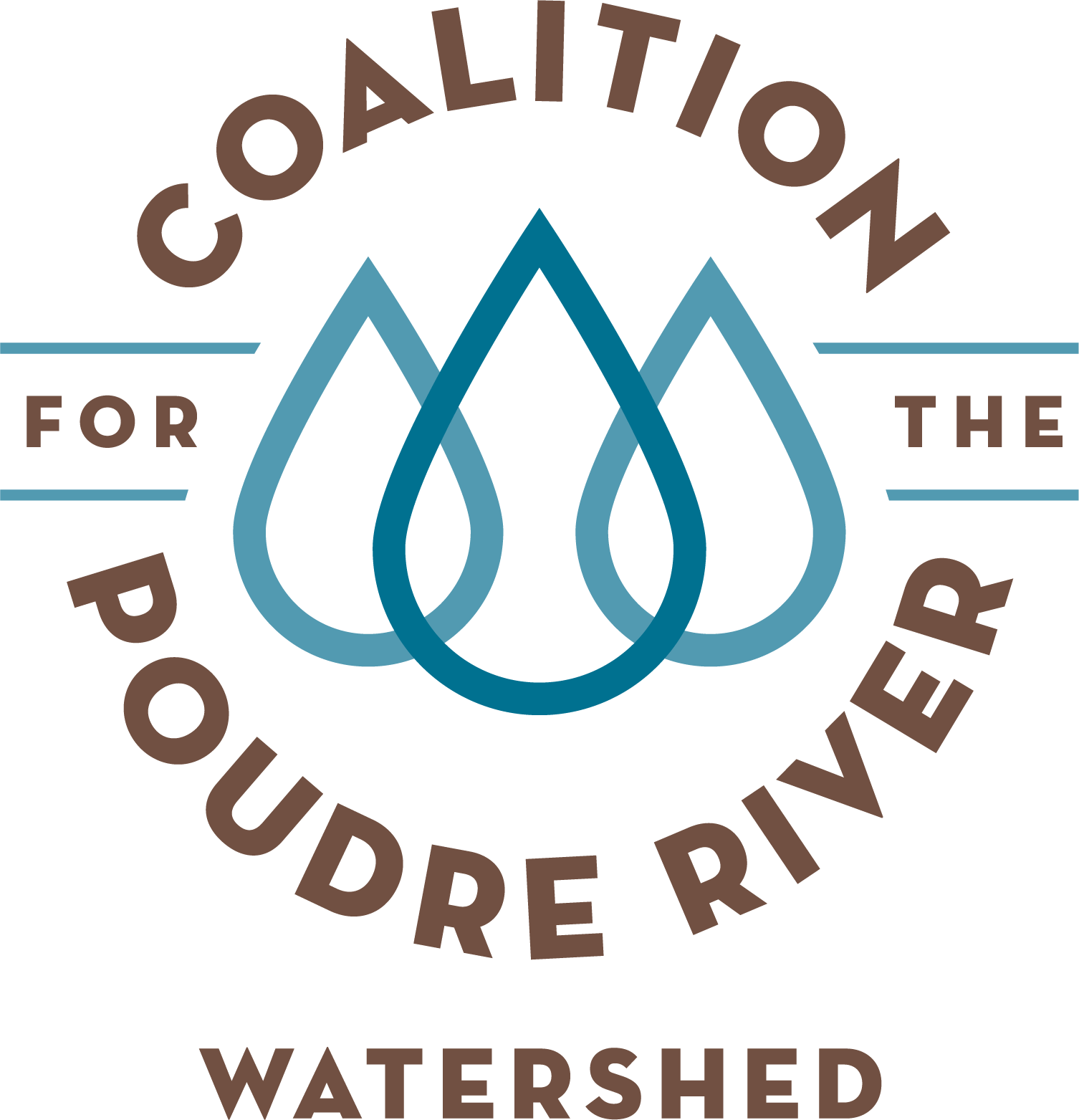Post-Fire Monitoring
Grab Samples help us to measure pollutant concentrations and assess trends in changes in stream chemistry over time.
Sediment Staking helps us to measure the volume of sediment deposition.
CPRW and our research partners use a variety of monitoring techniques upstream, within and downstream of our post-fire restoration projects to help estimate and quantify sediment storage and water chemistry trends. Some methods are performed on a regular interval, while others are performed after large storm events Techniques include:
Lidar, Survey, and Sediment Staking to measure volume of sediment deposition
HOBO Loggers, staff gauges and groundwater wells to measure flow and stage characteristics
Grab Samples to measure pollutant concentrations and assess trends in changes in stream chemistry over time
Bank Erosion Hazard Index (BEHI) to measure changes in bank erosion potential
This is challenging but important work. Thank you to our research partners at Colorado State University, Rocky Mountain Research Station and the City of Fort Collins. And, special thanks to our Community Science Water Quality Monitoring volunteers who donate their time and energy to these efforts.


